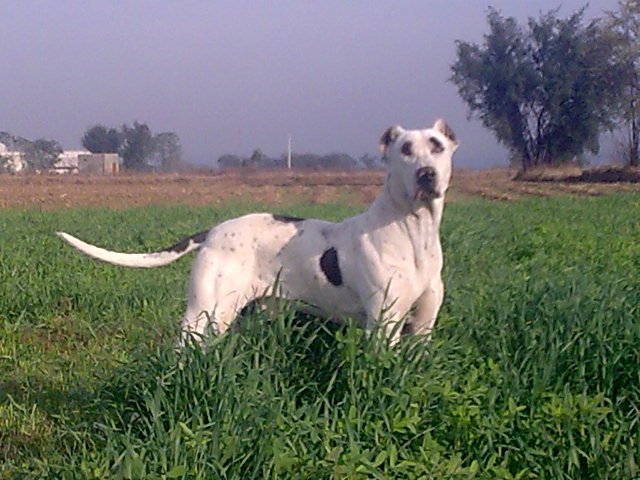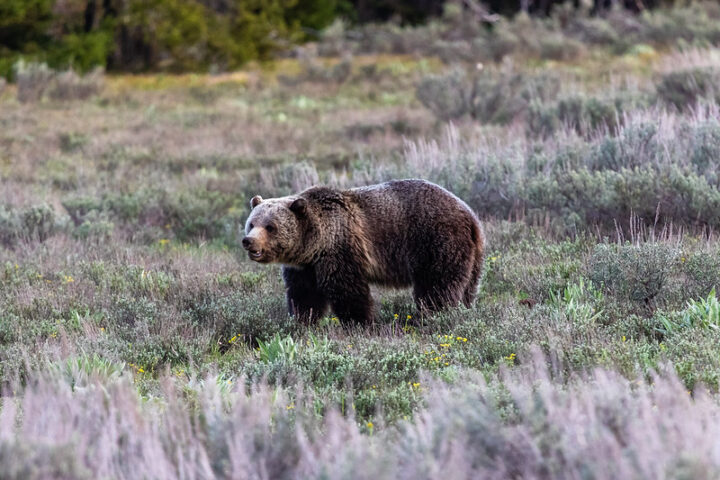A powerful breed of dogs known as Bully Kuttas is gaining attention in the UK following the XL Bully ban. These Pakistani Mastiffs, weighing up to 95 kg and standing as tall as small ponies, have raised safety concerns among experts and victims.
Recent data shows dog attacks in England and Wales increased by 21% in a year. While Bully Kuttas aren’t currently restricted under UK law, their growing presence has prompted calls for stricter regulations. Unlike XL Bullies, which require exemption certificates and muzzles in public, Bully Kuttas face no such restrictions.
Donna Ormerod, a 62-year-old attack survivor from Blackburn, experienced firsthand the breed’s strength. “It locked onto my leg and I could feel it biting deeper and deeper to the bone,” she said. Her injuries required 84 stitches and two surgeries after developing an infection. The incident led to the dog’s destruction and its owner receiving a suspended prison sentence.
Dog behavior expert Shaun Hesmondhalgh warns about the breed’s nature: “This dog was historically created for an aggressive purpose. The Bully Kutta has the capacity and capability to cause serious harm if not expertly handled, managed, and supervised.”
Despite these concerns, Bully Kuttas are readily available online. Puppies are currently being sold for £1,200, with some listings on sites like Pets4Homes marketing them as “the purest and highest quality BK pups in Europe.”
The breed’s origins trace back to South Asia, where they served as hunting and guard dogs. Their powerful build and territorial nature made them effective at these tasks, but these same traits pose challenges in residential settings.
Similar Posts
Rob Alleyne, who runs the Canine Instructor Academy in Suffolk, offers a different perspective: “The Bully Kutta is capable of doing a lot of damage but the reality is, nobody has been killed by one in the UK but people have been killed by German Shepherds. It’s not about the dog, it’s about the person who has it.”
The Kennel Club doesn’t recognize Bully Kuttas as an official breed, and many insurance companies won’t cover them. This lack of official oversight, combined with their increasing popularity, has led to calls for mandatory dog licenses from attack victims like Donna Ormerod.
Experts emphasize that powerful breeds require experienced handling and proper training. The current situation mirrors concerns that preceded the XL Bully ban, highlighting the ongoing debate about dangerous dog regulation in the UK.
Nine fatal dog attacks occurred in England and Wales since the XL Bully ban, emphasizing the broader need for responsible dog ownership and effective breed management strategies.



















